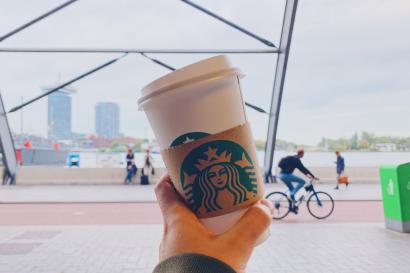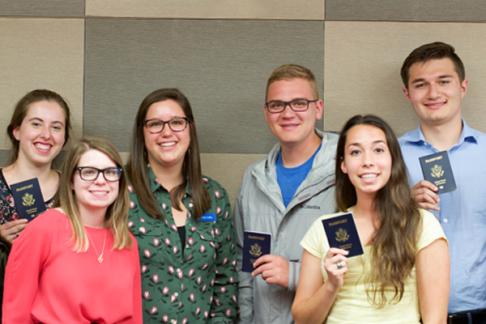Study abroad safety begins with being accurately informed from the moment you're considering study abroad through to the day you return home.
Review the following study abroad safety tips for planning independent travel. Read experiences and advice from current students on topics of safety and mental health. Explore our publications including IES Abroad's MAP for Student Health, Safety & Crisis Management — the first set of institutional standards published by a study abroad provider.
Once you've been accepted to a program, more detailed health and safety tips unique to your study abroad location will be made available in your MyIESabroad account.








